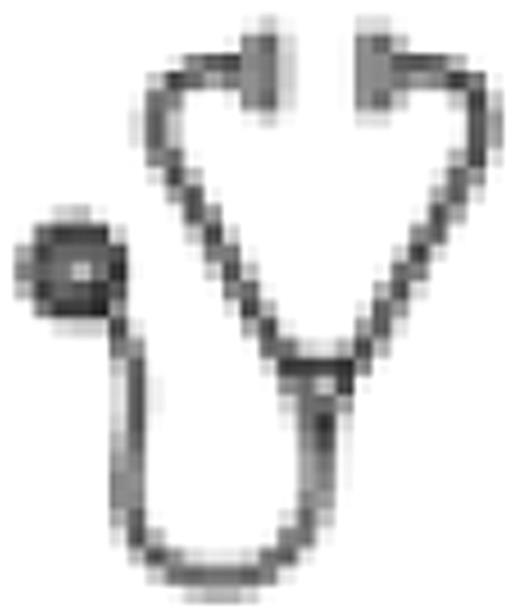Abstract
Abstract 4570
Stromal cell-derived factor 1 (SDF-1)/CXCR4 axis plays key roles in hematopoiesis regulating the interactions between hematopoietic cells and their stromal microenvironment within the bone marrow, their trafficking from the bone marrow to blood, their proliferation and survival. SDF-1/CXCR4 interactions also participate in the development of leukemic blasts in acute myeloid leukaemia (AML) influencing their trafficking, survival and differentiation. We used the xenotransplantation model of nonobese diabetes/severe combined immunodeficiency γcnull (NOG) mice reconstituted with human primary cells from AML patients and 2 small molecule competitive antagonists of CXCR4, AMD3100 and TN140 to better define the role of CXCR4/SDF-1 on the leukemic blast burden within the bone marrow and in extramedullary sites. In a first set of experiments, we investigated whether there was a correlation between CXCR4 expression or function on leukemic blasts and their ability to engraft the bone marrow of NOG mice in 34 patients. Using flow cytometric analyses, we observed that CXCR4 membrane expression was highly variable between patients. This expression did not correlate with engraftment. In addition, SDF-1 responsiveness evaluated by transwell migration only marginally correlated with engraftment. However, in these initial analyses, we observed that the differences between engrafters and nonengrafters were significant if the cut-point migration is set to 20%. Patients with higher chemotactic response to SDF-1 had a significantly increased NOG repopulating ability. In further studies, NOG mice reconstituted with AML cells from 5 different patients were treated with optimal concentration of either AMD3100 or TN140 for 1 week. We observed that CXCR4 inhibition by TN140 (used as a single therapy) had profound inhibitory effects on the proliferation and the development of extramedullary dissemination of the disease in this xenotransplantation. This patient had FAB M1 leukemia and initially exhibits high CXCR4 level on blast. Our study demonstrated that CXCR4 inhibition in selected patients might be a potent therapy against leukemic development.
Bouamar:Association pour la Recherche sur le Cancer: Employment; Cancéropôle IDF: Employment.
Author notes
Asterisk with author names denotes non-ASH members.

